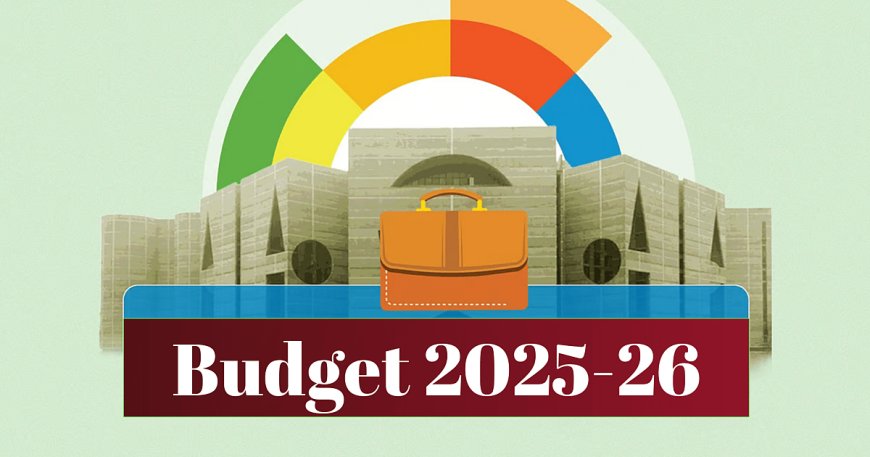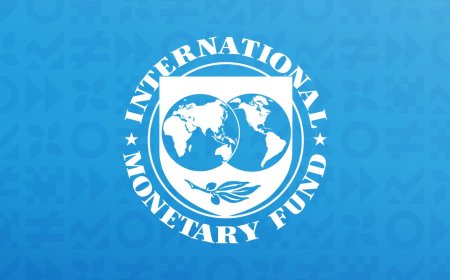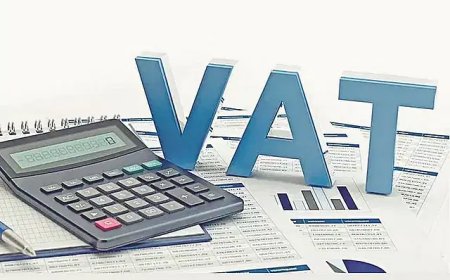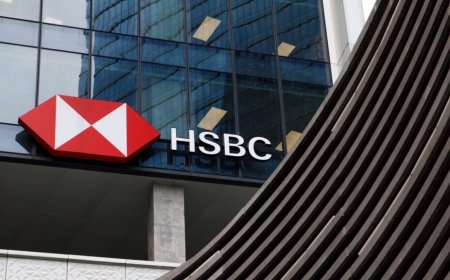National Budget 2025-26: Business Slump and Sluggish Investment Persist
National Budget 2025-26: Business Slump and Sluggish Investment Persist

Gas Crisis, High Costs, and Uncertainty Stall Investment and Job Growth Ahead of Budget 2025–26
A towel factory named Chandra Towel Tex in Gazipur has been grappling with a gas supply crisis since 14 April. With no gas pressure, the factory has been forced to operate at only one-third of its capacity using electricity. Exports have come to a halt, affecting over 500 workers.
“We usually export towels worth USD 600,000 a month. But over the past month, we’ve shipped nothing,” said M Shahadat Hossain, the factory's managing director. He fears the company may struggle to pay salaries and allowances.
The gas crisis is symptomatic of a broader industrial slowdown. Businesses across Bangladesh are struggling with high interest rates, inflation, political uncertainty, and weakening law and order. Demand has fallen amid reduced purchasing power, while challenges such as corruption, tax complexity, bureaucratic red tape, and port delays persist.
Against this backdrop, Finance Adviser Salehuddin Ahmed is set to unveil the national budget for FY2025–26 on 2 June through a televised address, in the absence of a parliament.
Dismal Investment Climate
Private sector investment as a share of GDP dropped to 23.51% in FY2023–24, from 24.18% the previous year. This downward trend is supported by declining imports of capital machinery—LC openings fell by 26% and settlements by 29% in the first nine months of FY2024–25.
Private sector credit growth has slowed to 7.57%, far below the normal 10% or higher, due to borrowing costs hovering around 15%. While some raw material imports rose by 10%, overall imports of intermediate goods fell by 7.5%, reflecting reduced industrial activity.
“Business confidence is low,” said Taskeen Ahmed, President of the Dhaka Chamber. He cited energy shortages, poor law enforcement, and high interest rates as key barriers to economic revival. Banks remain risk-averse, reluctant to issue loans despite high rates.
The Purchasing Managers’ Index (PMI) compiled by MCCI and Policy Exchange indicates a consistent month-on-month decline in economic activity since January, with the index dropping 8.8 points in April.
FDI and Domestic Investment Falter
Foreign direct investment (FDI) also declined sharply. Net FDI fell by 26%, from USD 1.61 billion to USD 860 million during July–March of the current fiscal year.
“Investment is a long-term process,” said Ashik Chowdhury, Chairman of BIDA. “Even with reforms, results take time.” While BIDA is implementing changes, instability and a lack of investor confidence continue to hamper progress.
Job Market Weakens
The textile sector, despite importing equipment worth USD 200–300 million in recent years, remains underutilised. “Many mills can’t even use 60% of their capacity,” said Khorshed Alam of the BTMA, pointing to the gas crisis as a key bottleneck. Layoffs are replacing new hires.
The broader consequence is a rise in unemployment. According to the Bangladesh Bureau of Statistics, unemployment rose by 150,000 in 2024, reaching 2.7 million, with the jobless rate now at 3.65%.
M Masrur Reaz, Chairman of Policy Exchange, said the macroeconomic outlook has improved marginally, but reforms to stimulate investment and employment remain absent. “Without addressing political uncertainty and making the investment environment credible, achieving even 5–6% growth will be difficult.”
What's Your Reaction?






















































































